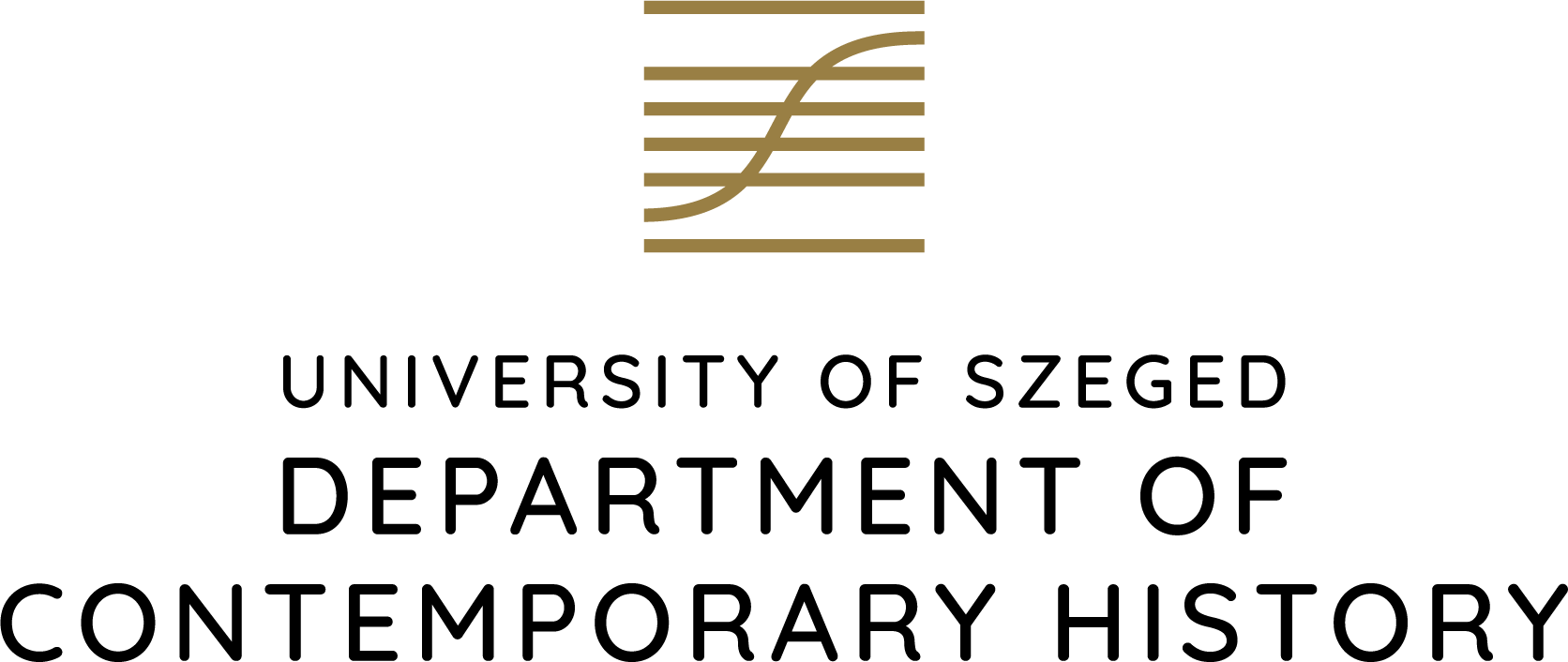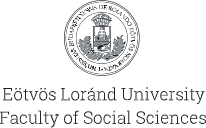
Réka Krizmanics' book published
Réka Krizmanics’ book entitled Historical Knowledge Production Cultures in Late Socialist Hungary and Croatia has been published by Rowman & Littlefield Publishing. More information is available here.
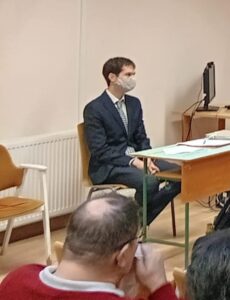
Márton Simonkay's successful PhD defence
Márton Simonkay successfully defended his doctoral dissertation, which investigates the socio-economic effects of water management in the Lower Rába region during the dualist period. Congratulations and best wishes for his future career!
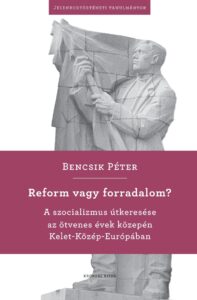
Péter Bencsik's new book published
Péter Bencsik’s new book, entitled Reform vagy forradalom? A szocializmus útkeresése az ötvenes évek közepén Kelet-Közép-Európában (Reform or Revolution? State Socialist Alternatives in the mid-1950s in East-Central Europe), has been published. The book, a collection of earlier studies, focuses on the events of 1956 in Hungary and Czechoslovakia.
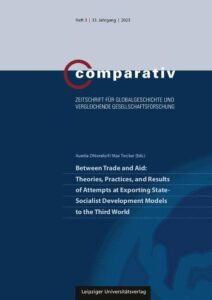
Zsombor Bódy's paper in Comparativ
Zsombor Bódy’s paper, entitled Opening Up to the “Third World” or Taking a Detour to the “West”? The Hungarian Presence in Algeria from the 1960s to the 1980s has been published in the new issue of Comparativ (Leipzig). The contents of the issue is available here.
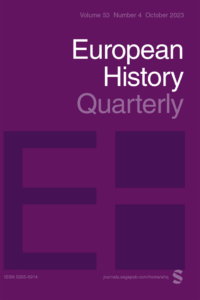
Béla Tomka's review article in the European History Quarterly
Béla Tomka’s review article entitled Globalization in Socialist Eastern Europe: A Turn in Research and its Discontents has been published in the European History Quarterly, issue 4. The contents of the issue is available here.
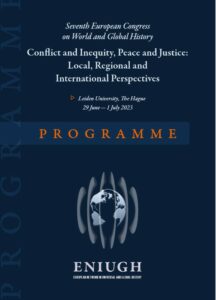
Participation at the ENIUGH conference in The Hague
The research group participated with an independent panel at the seventh conference of the European Network in Universal and Global History (ENIUGH) (Leiden University, The Hague), chaired by Béla Tomka, with Zsombor Bódy, Melinda Kalmár, Márkus Keller and Réka Krizmanics as speakers. The full programme is available here (see pages 93-94 for a description of our panel).
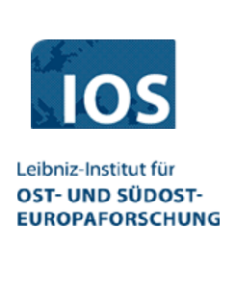
Béla Tomka's talk in Regensburg
On 26 June, Béla Tomka gave a talk entitled “Globalization in East Central Europe after WWII: Narratives and Counter-narratives” at the Leibniz-Institut für Ost- und Südosteuropaforschung (IOS) in Regensburg.
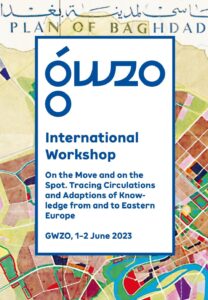
Workshop in Leipzig with GWZO
A two-day workshop (June 1-2, 2023) will be held in Leipzig with the Leibniz Institute for the History and Culture of Eastern Europe (GWZO). The event is a follow-up to the workshop in Budapest in October. In addition to members of the co-organizers, invited experts from Prague, Budapest and Leipzig will also have talks. The detailed programme is available here.
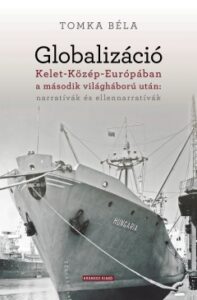
Béla Tomka's new book
Béla Tomka’s new book, entitled Globalizáció Kelet-Közép-Európában a második világháború után: narratívák és ellennarratívák (Globalization in East-Central Europe after the Second World War: Narratives and Counter-narratives), has been published. The main text is accompanied by comments from nine experts, including four from our staff.
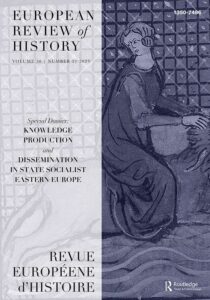
Knowledge production and dissemination in communist Eastern Europe
An introductory study, co-authored by Réka Krizmanics and Vedran Duančić, entitled Eager to (let) know: knowledge production and dissemination in state socialist Eastern Europe was published in the European Review of History. Full text of the paper is available here.


